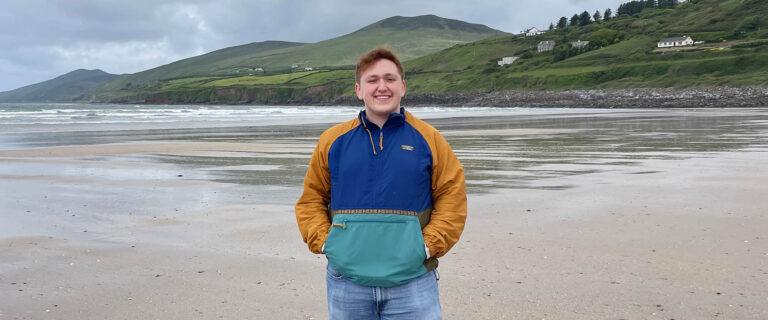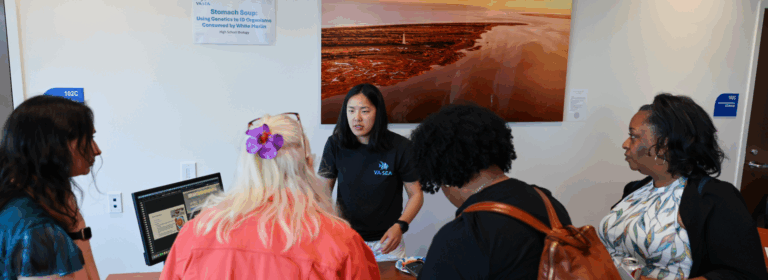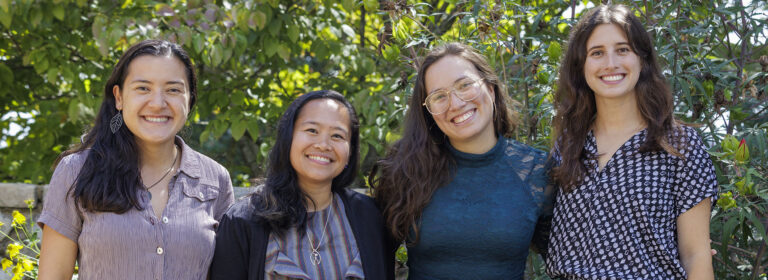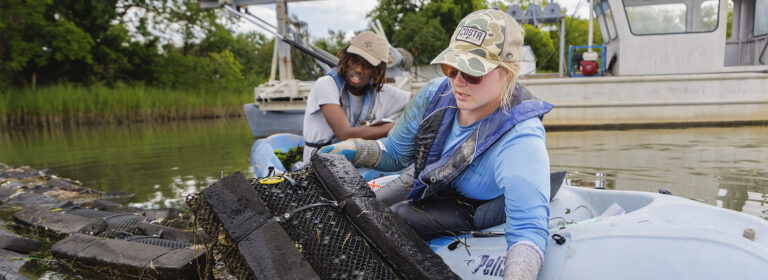Coastal Adaptation and Protection Fellow to assist with “roadmap” for resilience in Virginia
Sea level rise and more frequent and intense storms promise to bring more water to Coastal Virginia — and with it, more flooding. The phase one Virginia Coastal Resilience Master Plan seeks to improve Virginia’s ability to deal with flooding by aligning statewide efforts, developing resilience priorities, and equipping local governments to deal with more frequent flooding.
Lydia Bienlien, the 2021 Coastal Adaptation and Protection Fellow, will help with the master plan’s continued process development during her yearlong fellowship. Bienlien will focus her efforts on finalizing a guidance document about strategic relocation, and later, support a sustained public planning process for the master plan as the subsequent phases move forward.
The guidance document was drafted with the support of the Studies, Research and Best Practices Subcommittee of the Technical Advisory Committee, which has advised the Commonwealth throughout this process. The document will help Virginia’s coastal localities consider strategic relocation as part of their planning toolkit for flooding and sea level rise. The document will include case studies from across the United States, as well as policy and legal perspectives relevant to Virginia.
“It’s been done in other states like Louisiana, but there isn’t a clear mechanism how localities like cities and counties in Coastal Virginia could use that as a strategy,” Bienlien said. “It’s more of a long-term approach, so it requires a lot of planning and thought.”
Prior to beginning the fellowship, Bienlien recently defended her Ph.D. dissertation at the Virginia Institute of Marine Science, where she researched Perkinsus marinus, the parasite that causes dermo disease in oysters. She also holds a master’s degree from VIMS. Previously, she graduated from Morningside University with a bachelor of science degree in biology, a bachelor of arts degree in chemistry, and a specialization in mass communication. Additionally, she has experience communicating science for a variety of audiences, from boardrooms to grade school classrooms, and even a TV show segment.
“All of these experiences — being in front of a camera, talking to people, understanding the differences in languages — will come together for what we’re trying to get done with this master plan,” Bienlien said. “I think all these extra steps will help me in moving things forward and understanding where we’re at.”
The Virginia Coastal Resilience Master Plan focuses on the eight coastal regions of the Commonwealth, and was directed by Gov. Ralph Northam’s Executive Order 24, signed in November 2018 to increase Virginia’s ability to adapt and respond to sea level rise and natural coastal hazards. The master plan will be updated every five years to reflect the best available science. Bienlien joins a cohort of Coastal Adaptation and Protection Fellows who have assisted with development of the master planning framework and first Virginia Coastal Resilience Master Plan.
Photos by Aileen Devlin | Virginia Sea Grant
Published November 24, 2021.
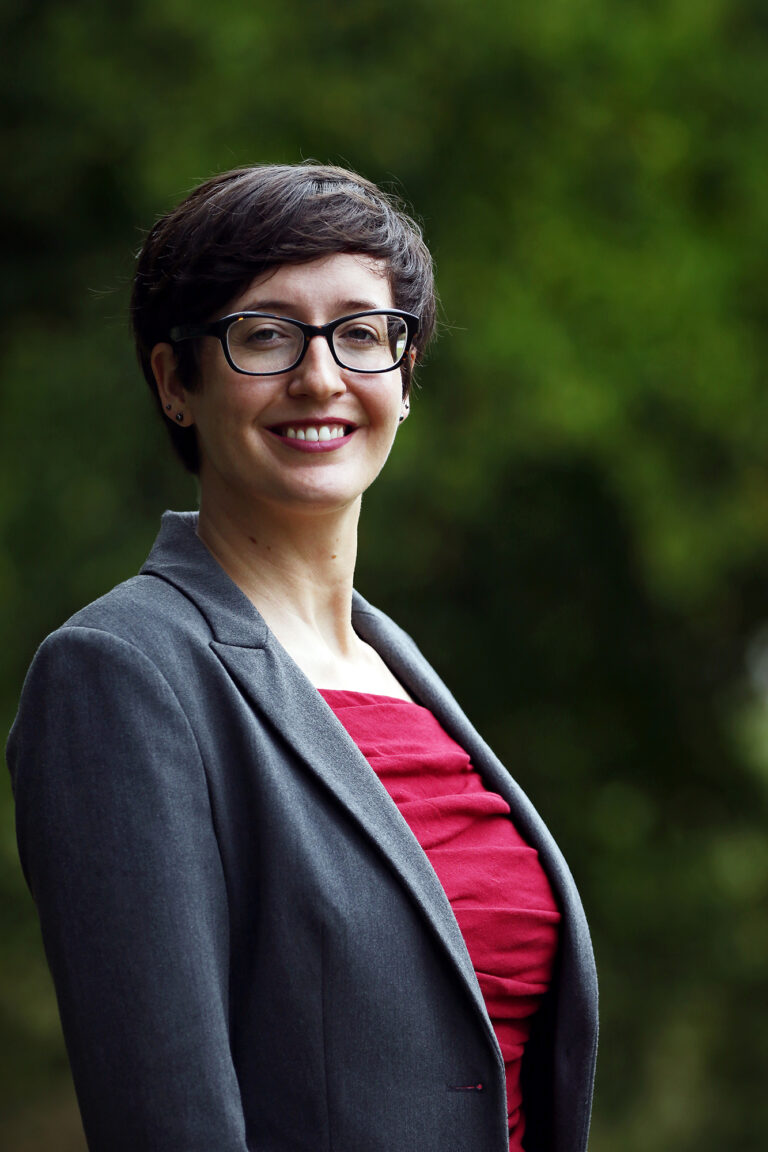
“All of these experiences — being in front of a camera, talking to people, understanding the differences in languages — will come together for what we’re trying to get done with this master plan.” Bienlien said.

